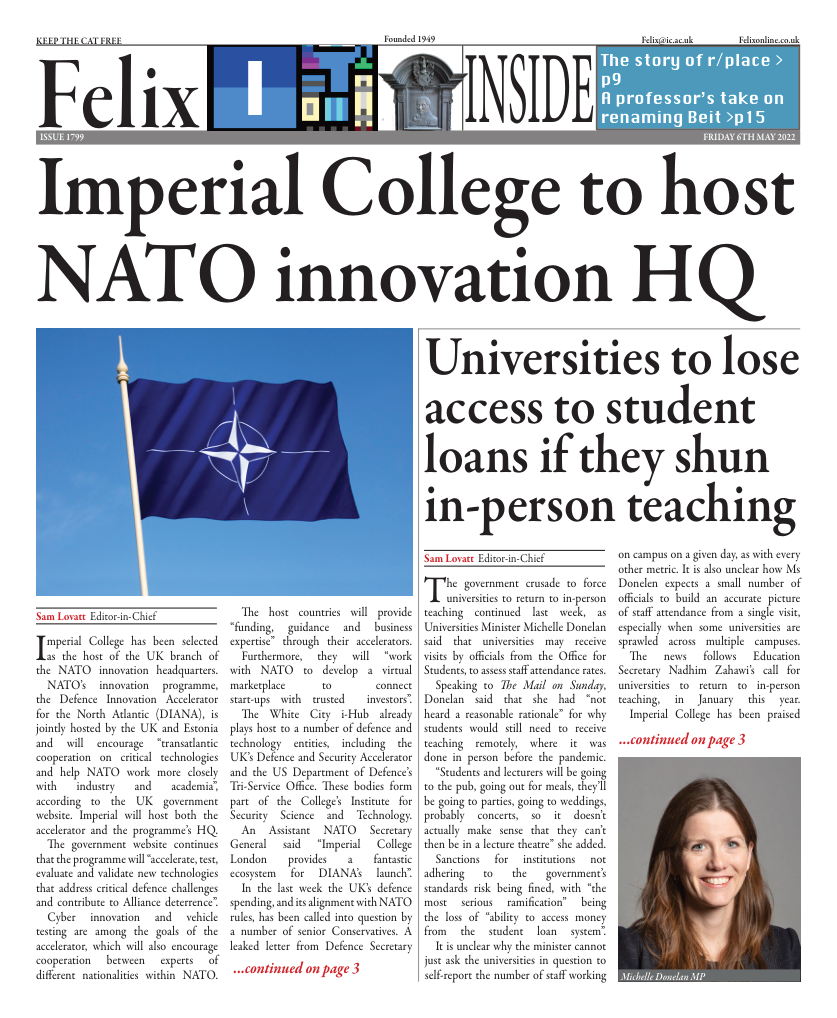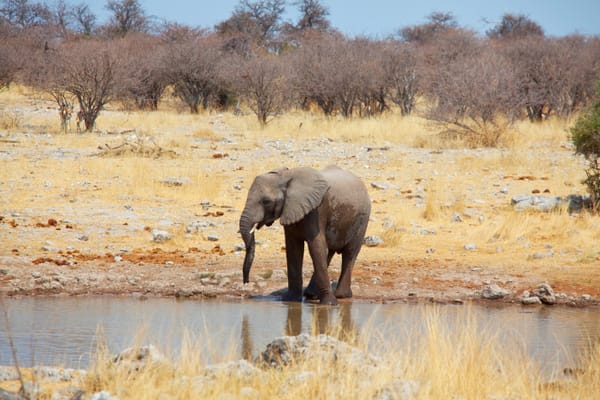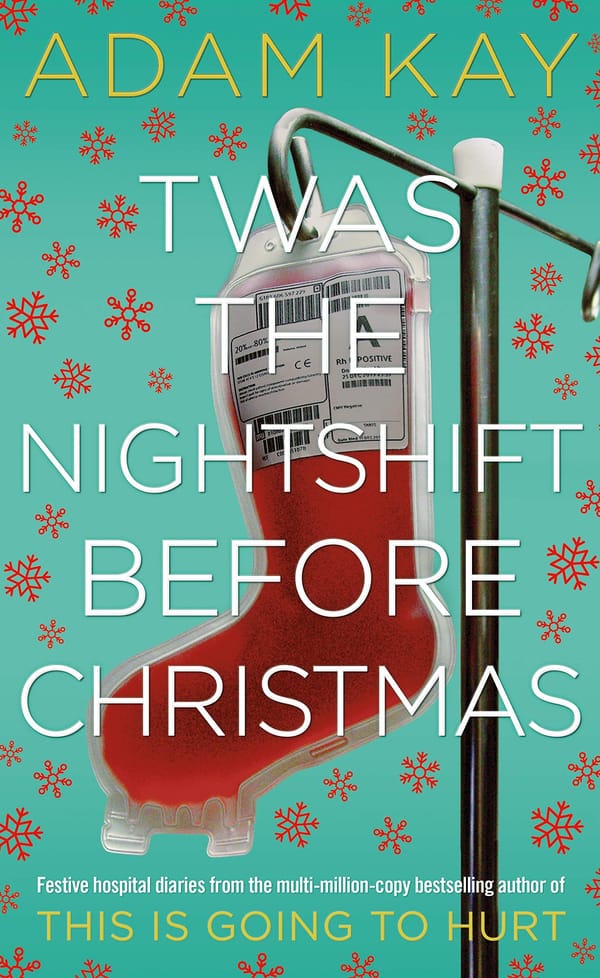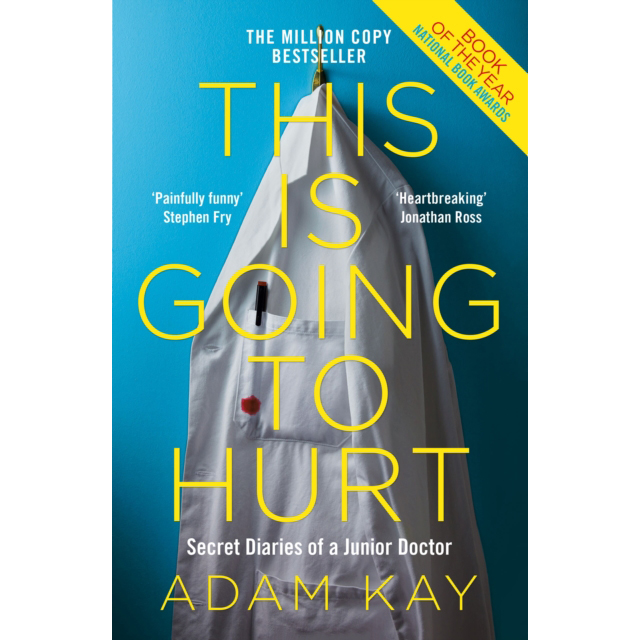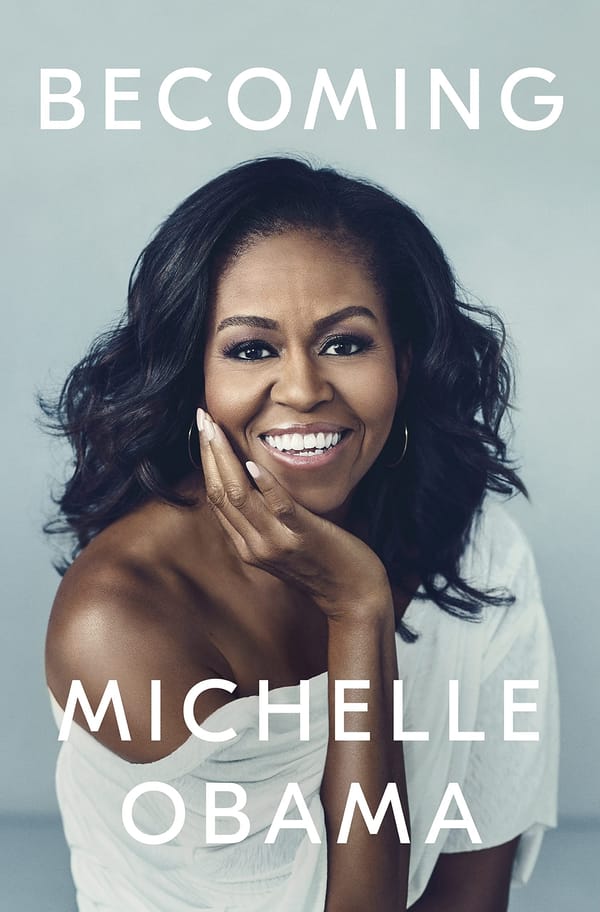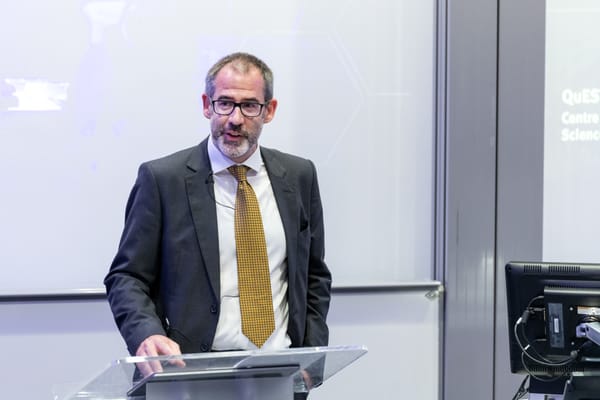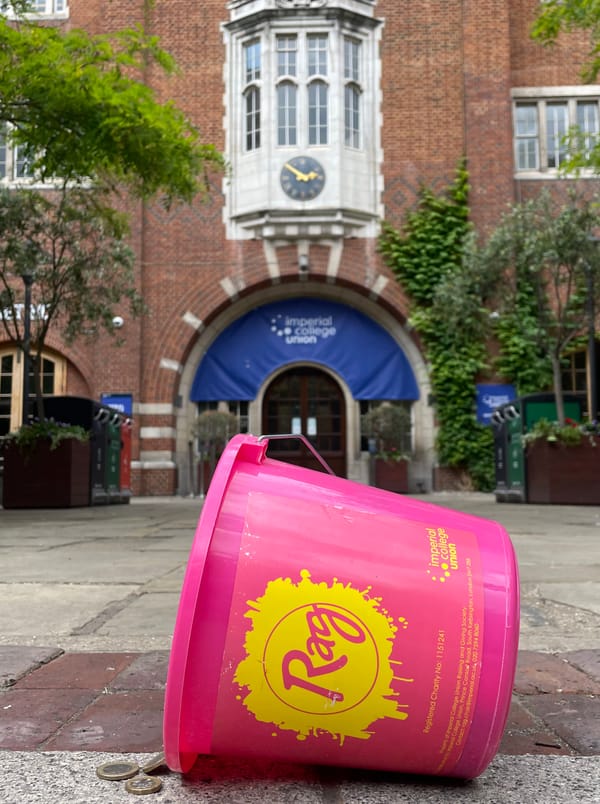Brave New World
A look back at Aldous Huxley's landmark book Brave New World
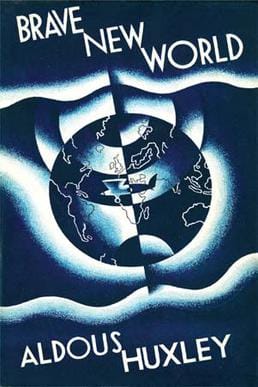
Imagine a world free of all the ills known to man. Pain, depression, loneliness, and adversity would have no foothold in this utopia. However, this comes at a price. Any attachments you might have must cease to exist. But what good is the family unit when the state can provide all your needs? What good are long-term relationships when you can engage in copious recreational sex? Brave New World presents the reader with a seemingly great utopia, underpinned by a dark and grim reality.
The main tool of oppression used in Brave New World is sensuality — recreational sex, hallucinogenic drugs, and feelies (pornography which can be seen, heard, and felt). In contrast to brute military force, sensuality is a deceptive, insidious form of oppression — it distracts the masses from their pitiable state and renders them physically and mentally incapable of fighting back.
Similarly, in the real world, hook-ups, recreational drugs, and online pornography are spreading like cancer amongst Western youth. Despite the standard of living in the West being higher than anywhere else in the world, it seems that escapist outlets are being sought out at an unprecedented rate. This rise of sensual escapism is indicative of a crumbling moral fibre.
Moreover, dictatorships run rampant in the East. Most of these consist of a police state, a military supervision of the life of each individual in the country. But military might alone is not sufficient to rule over a people. In the face of unfavourable odds, people have, and people will, mount an armed resistance to oppression. Breaking the will of the oppressed, and using sensuality as a tool to do so, is key to achieving total domination.
Another prediction made by Huxley is that social mobility would cease to exist. There are five castes in Brave New World: alphas and betas, which serve as society’s intellectuals; and gammas, deltas, and epsilons, which serve as manual labourers. Each individual in Brave New World is manufactured on an assembly line which is unique to each caste. For example, the foetus of an epsilon would be imbibed with alcohol and deprived of oxygen to stunt their physical growth and lower their intelligence. An epsilon would therefore lack the faculties required for social ascendancy, and an alpha would maintain his status as a result of this.
The American dream — the right of each American to pave their way in life — attracted millions of immigrants across the Atlantic in the 19th and 20th centuries. Carnegie and Rockefeller were titans of American industry and are cited as proof that even the lowliest man can make his way. However, two individuals do not represent 300 million. For most Americans; 99% of Americans; the paths of Carnegie and Rockefeller are distant and elusive.
Things do not look much different on this side of the Atlantic. Privately educated individuals make up the bulk of the cabinet, the bulk of partners at city law firms, and disproportionately attend top universities. The establishment of a Huxley-type class system, in which social mobility is non-existent, is not out of the question. Whilst Huxley’s world is intelligence-based — the more intelligent you are, the higher your socioeconomic position — the real-world is inheritance-based — the better off your parents are, the better off you will be.
Overall, I must admit that Huxley’s world is attractive — superficially so — perhaps more attractive than periods in our history. But a world that represses the very things that make us human — our desire to pursue our own interests, to form meaningful relationships, and to fulfil our God-given potential — is not one that I would want to live in.

